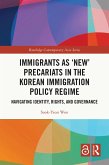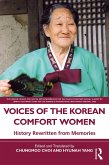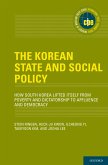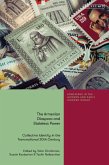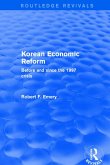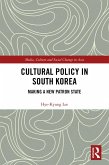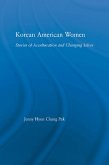The indistinct status of the Zainichi has meant that, since the late 1940s, two ethnic Korean associations, the Chongryun (pro-North) and the Mindan (pro-South) have been vying for political loyalty from the Zainichi, with both groups initially opposing their assimilation in Japan. Unlike the Korean diasporas living in Russia, China or the US, the Zainichi have become sharply divided along political lines as a result. Myung Ja Kim examines Japan's changing national policies towards the Zainichi in order to understand why this group has not been fully integrated into Japan. Through the prism of this ethnically Korean community, the book reveals the dynamics of alliances and alignments in East Asia, including the rise of China as an economic superpower, the security threat posed by North Korea and the diminishing alliance between Japan and the US. Taking a post-war historical perspective, the research reveals why the Zainichi are vital to Japan's state policy revisionist aims to increase its power internationally and how they were used to increase the country's geopolitical leverage.With a focus on International Relations, this book provides an important analysis of the mechanisms that lie behind nation-building policy, showing the conditions controlling a host state's treatment of diasporic groups.
Bitte wählen Sie Ihr Anliegen aus.
Rechnungen
Retourenschein anfordern
Bestellstatus
Storno



